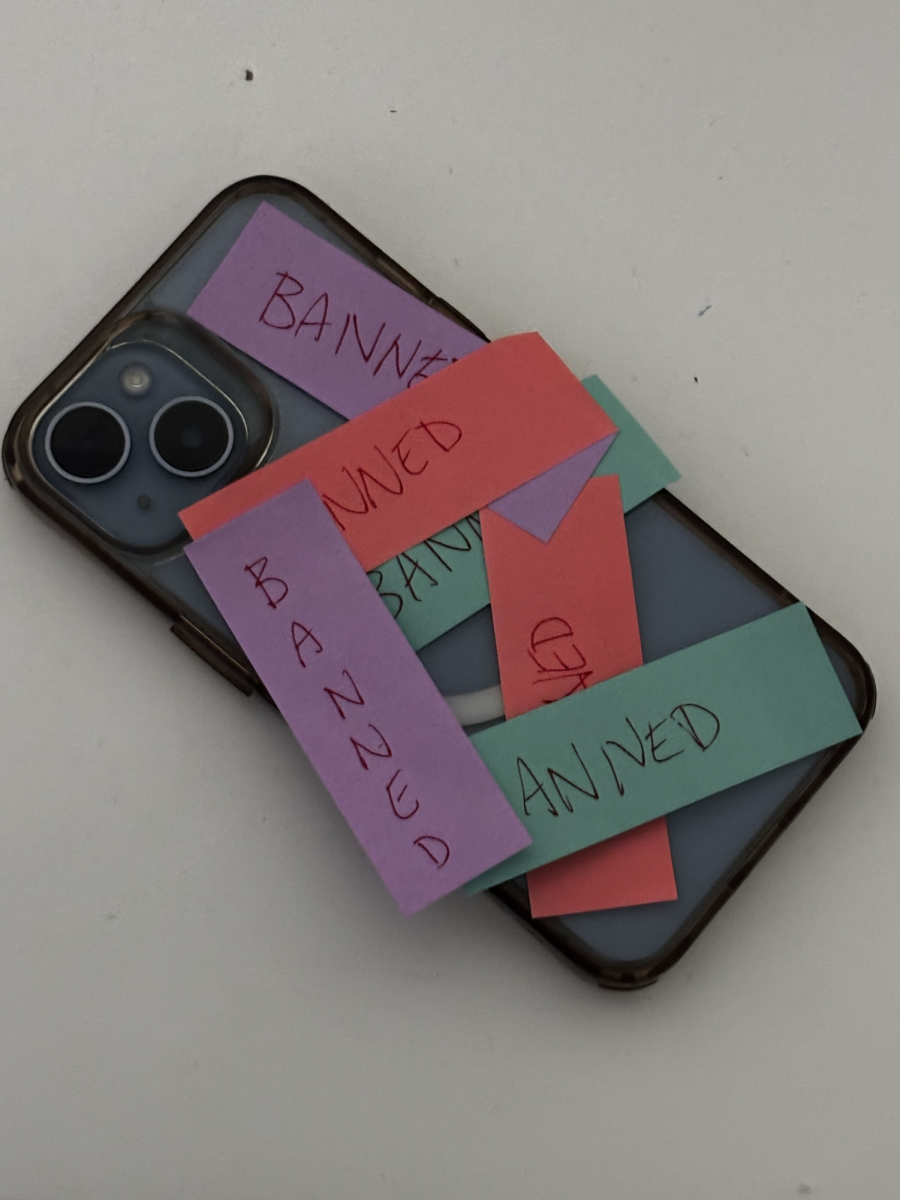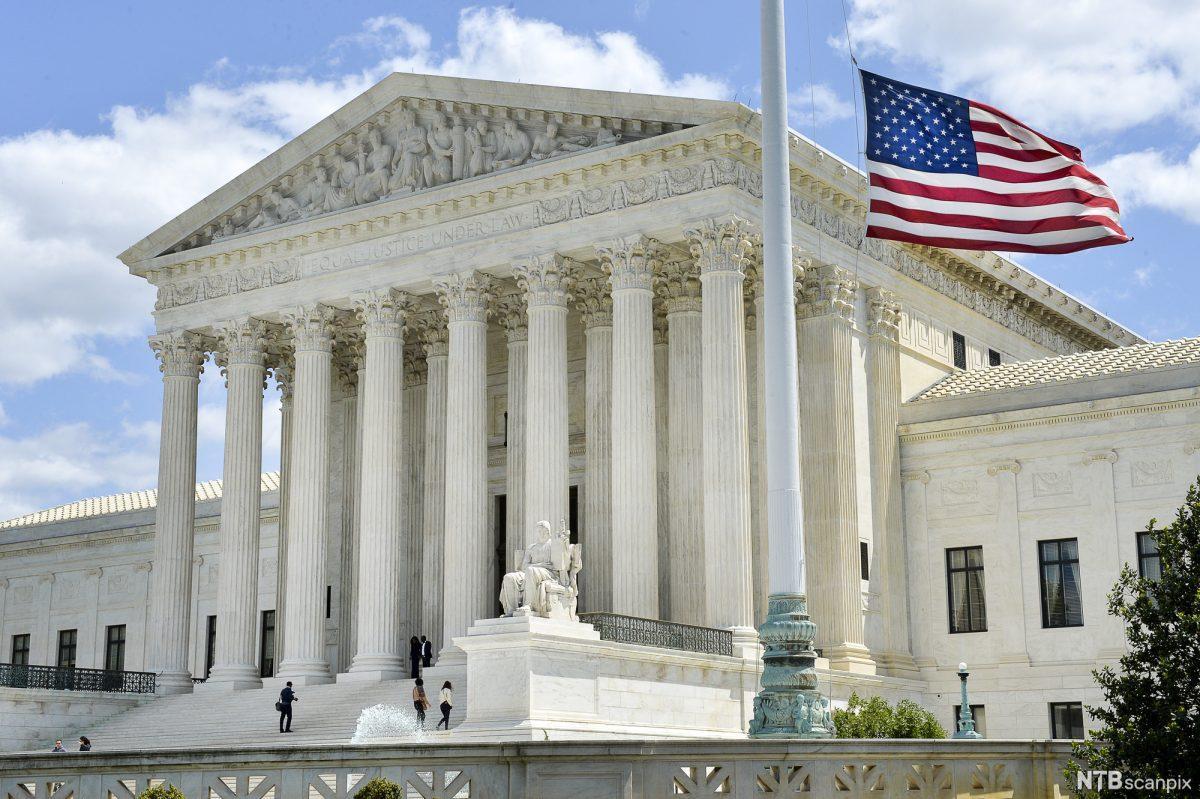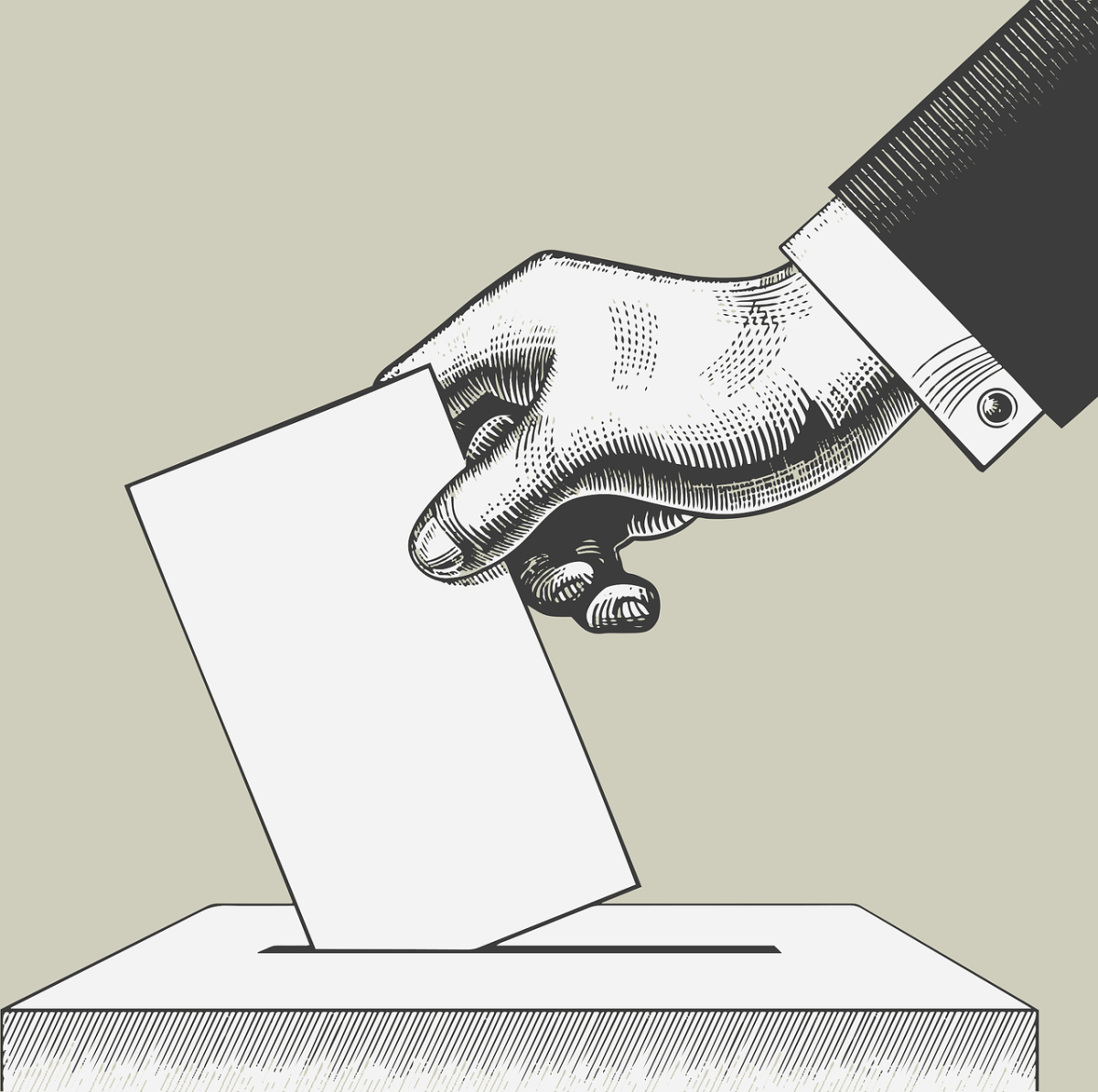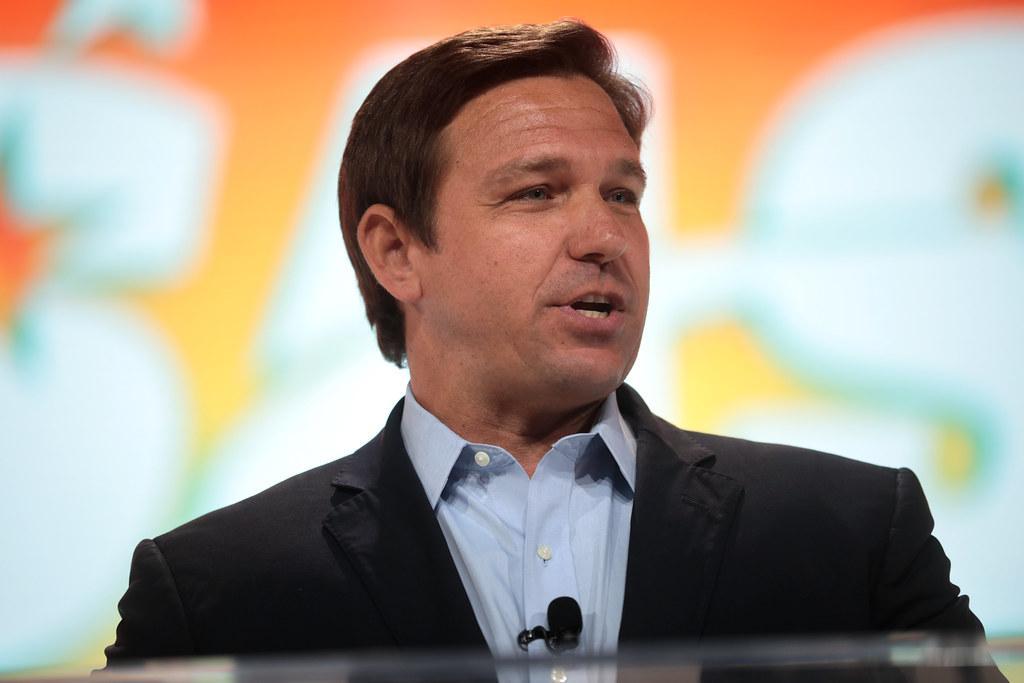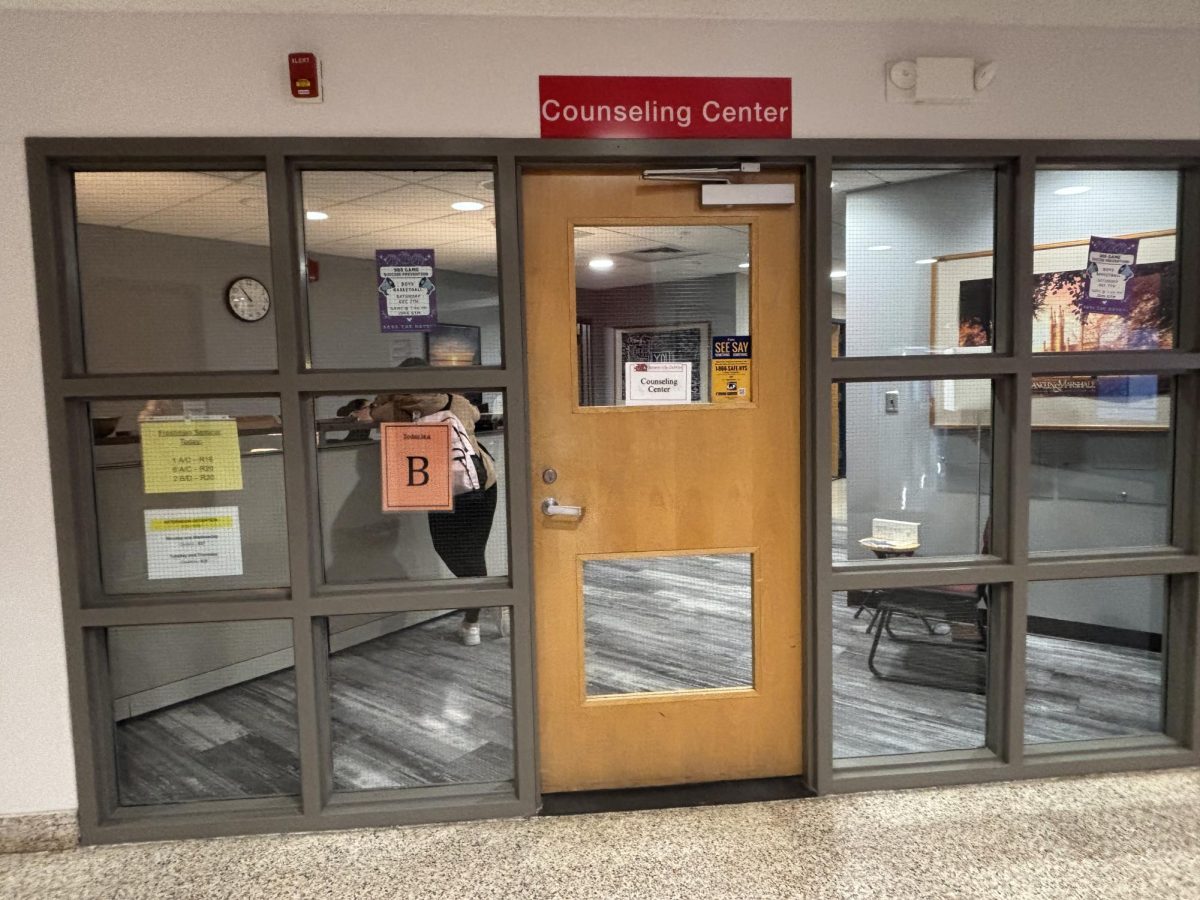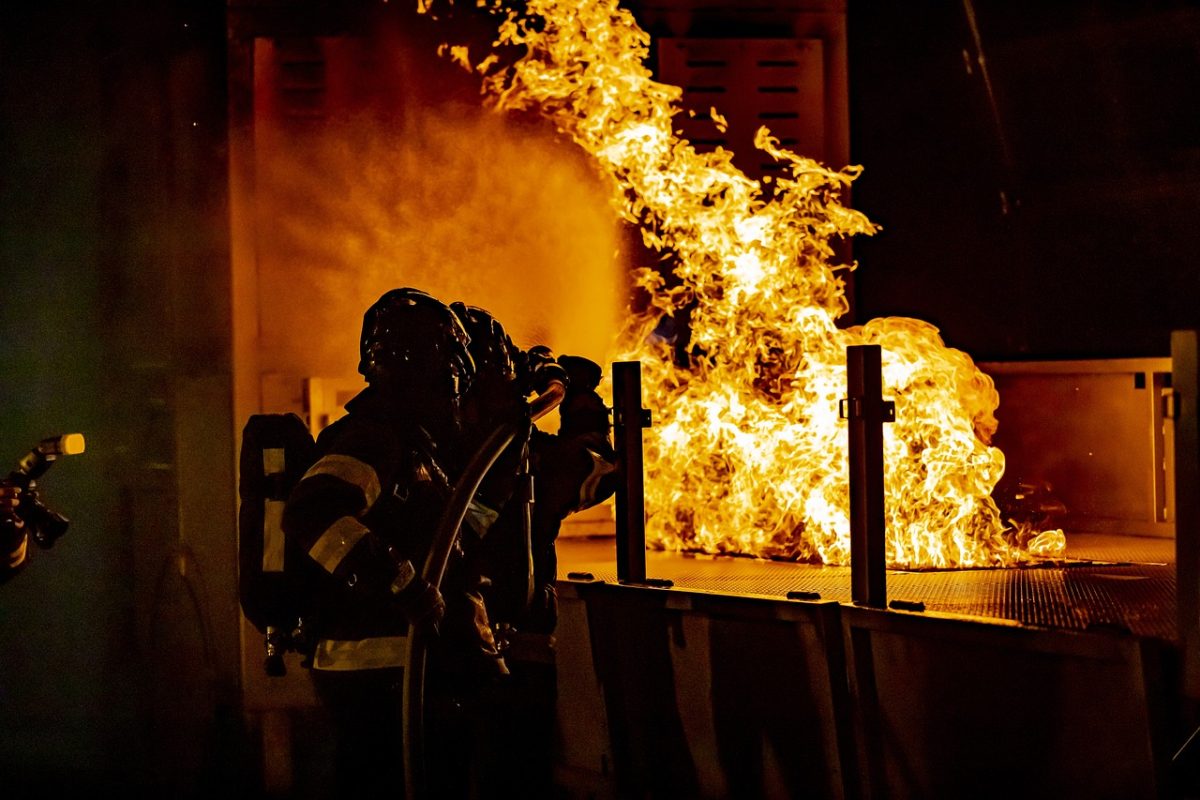Contributing Writer Cam Moynihan (’24)
On Monday, October 31, the Supreme Court heard arguments from both Harvard University and the University of North Carolina (UNC). These cases address the program commonly referred to as affirmative action, a program that many colleges and universities use. Admissions offices use this as a way to make sure that all applicants are given equal opportunity, regardless of race or gender. The organization that brought the charges against the universities was Students for Fair Admissions.
The grounds for the suit are based on the claim that the process of affirmative action leads to a lower acceptance rate of fully qualified students who are of white or Asian descent due to the programs supposed preference of Black and Latinx students. The lawyers who are dissenting from the suit claim that the program is essential for the diversity of colleges and universities. Additionally, they are arguing that the program is one of the best solutions America currently has to address past racial disparities and injustices.
While the Court has defended the process of affirmative action in the past, they’ve recently become much more conservative, with six of the nine justices leaning to the right on most issues. Historically, the issue of affirmative action is one that the right is heavily opposed to and the Court seems to be poised to reflect this value. During the trial, the justices seemed to agree with the case brought by Students for Fair Admissions and questioned the case made by those who were defending affirmative action aggressively. The general defense for the beliefs of the judges is believed to be that they are sure that colleges should be able to achieve racial diversity without the aid of affirmative action.
If the Court were to rule against the preservation of affirmative action, the universities that were brought to trial originally (Harvard and UNC) would immediately lose all rights to continue the program. However, many colleges use a similar form of affirmative action in their admissions process. These institutions would most likely also be forced to abandon their programs as well.
One of the main concerns that has been raised by this possible domino effect is how the loss of affirmative action in colleges could translate into the business sector. Many private companies also practice affirmative action in some form, and would most likely also be affected by the ruling. This concern has also led many to point to the recent overturn of Roe v. Wade and how the Court seems to be increasingly restricting cases of equality within their jurisdiction.

